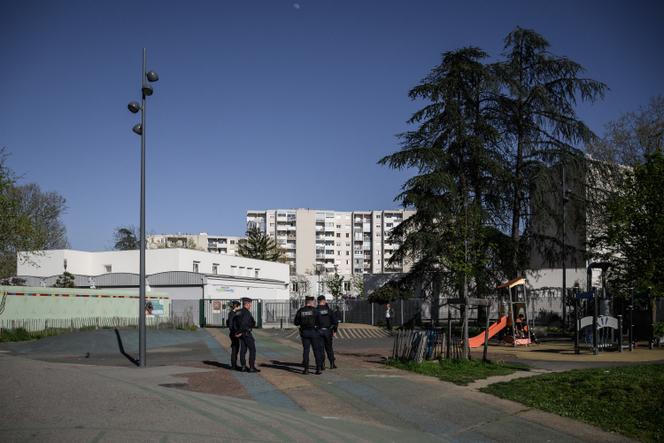


Protection over punishment. That is what the French branch of UNICEF (United Nations Children Emergency Fund) advocates in a report published on Wednesday, July 30, entitled "Victims first: Protecting children from criminal exploitation." The report was prompted by two recent cases: one involving a Marseille drug trafficking network, whose members were prosecuted in 2022 for enslaving two teenagers, and the so-called Trocadéro case, in which six defendants were convicted of human trafficking in 2024 after forcing unaccompanied minors to steal on their behalf.
"These were minors living on the street," said Noémie Ninnin, advocacy officer for protection and justice at UNICEF France. "Exploiters took them in, fed them, and then initially gave them drugs for free." That is where the cycle began. Addiction led them to commit offenses. "This is chemical control, which is a form of human trafficking," she said.
Yet "the justice system often favors expedited procedures and punitive measures over socio-educational solutions," the report points out. Perpetrators have been tried and convicted when they were victims of exploitation for criminal purposes themselves. UNICEF France addressed this issue by interviewing judges, lawyers, doctors and advocacy groups; examining international law regarding children; and drawing on practices in neighboring countries. They then formulated 75 recommendations to public authorities.
You have 59.33% of this article left to read. The rest is for subscribers only.
